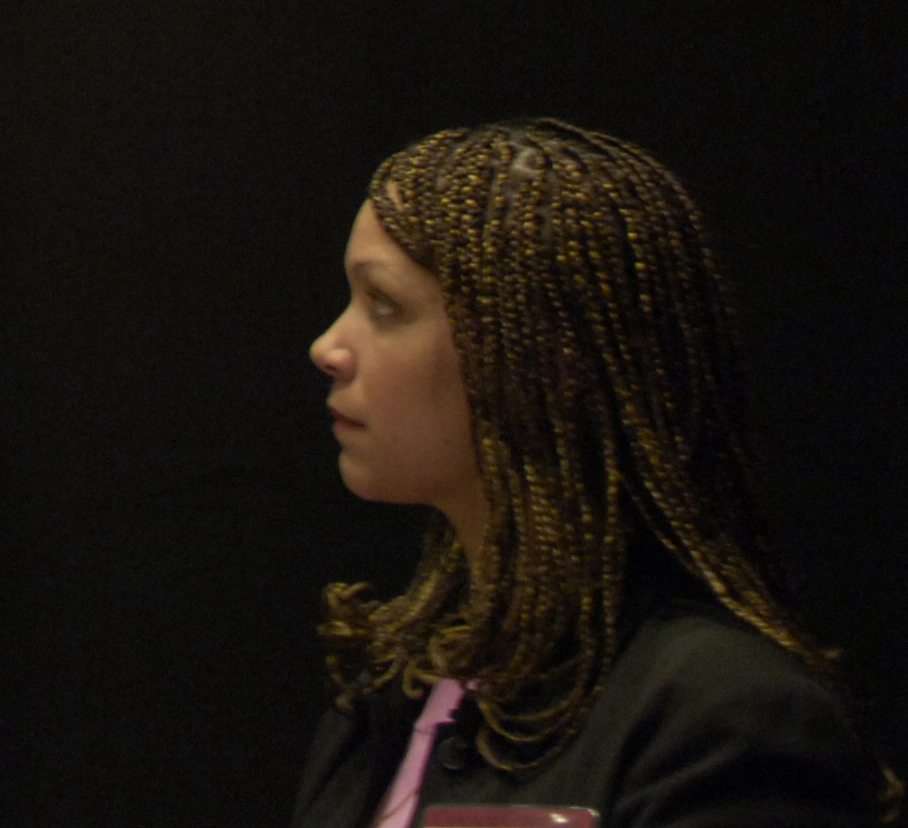| Sun | Mon | Tue | Wed | Thu | Fri | Sat |
|---|---|---|---|---|---|---|
| 1 | 2 | 3 | 4 | 5 | ||
| 6 | 7 | 8 | 9 | 10 | 11 | 12 |
| 13 | 14 | 15 | 16 | 17 | 18 | 19 |
| 20 | 21 | 22 | 23 | 24 | 25 | 26 |
| 27 | 28 | 29 | 30 | 31 |
CATEGORIES
RECENT ENTRIES
BLOG ROLL
God on whose side?

|
When pundits talk about the role that faith-and-values voters played in the Republican presidential victory last November, they’re really talking about white voters, noted Melissa Harris-Lacewell in a panel discussion Friday. Author of Barbershops, Bibles, and BET: Everyday Talk and Black Political Thought (2004), Harris-Lacewell looked at black faith-and-values voters and found a different story.
Blacks are among the most religious Americans, said Harris-Lacewell, yet only 11 percent of African Americans voted Republican—up from 7 percent in 2000 but down from 12 percent in 1996. If their religious beliefs have made it hard for blacks to vote Republican, those same values, she predicted, may make it hard for them to keep voting Democratic. If it comes to a choice “between Jesus and the Democratic Party,” she said, “they will stay home.” Whatever they do, “they’re sure not going to vote against Jesus.”
Harris-Lacewell also factored black Americans into the red-state/blue-state paradigm, arguing that “[t]here are no blue states, there are only blue cities.” This fact presents a pressing problem for the blue team, she said: “The only people left in the Democratic Party are black people, brown people, and the white people who live around them.”
Harris-Lacewell was one of four Chicago faculty—two political scientists, two Divinity School professors—who spoke on “God in American Politics: The Making of the President 2004,” as part of Chicago Convenes.
M.R.Y.
Photo: Melissa Harris-Lacewell.
May 11, 2005
